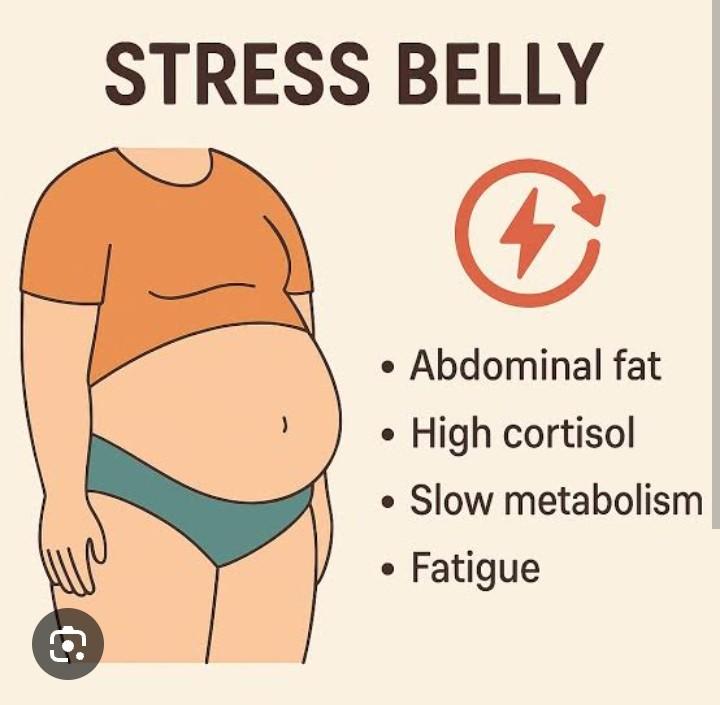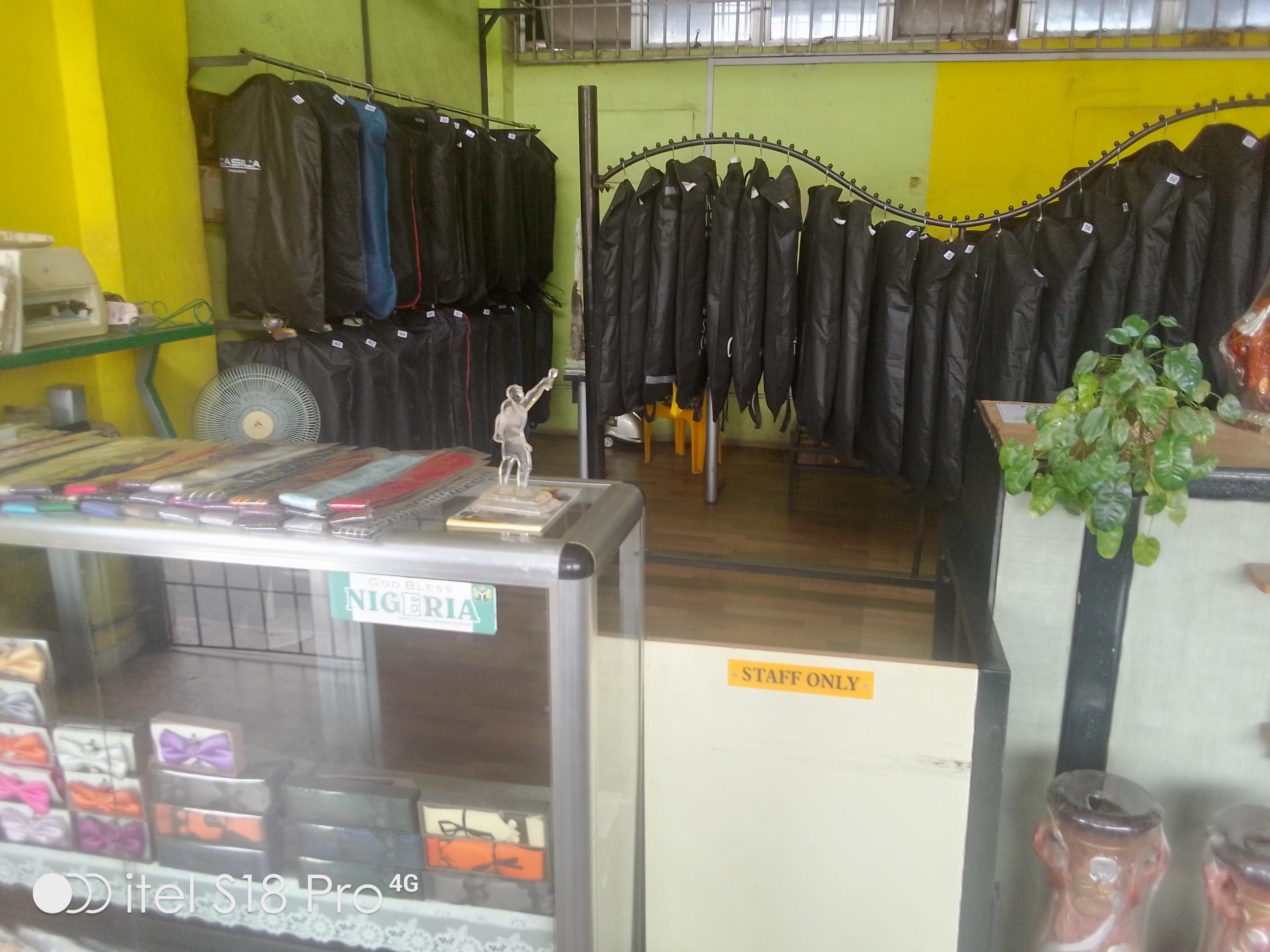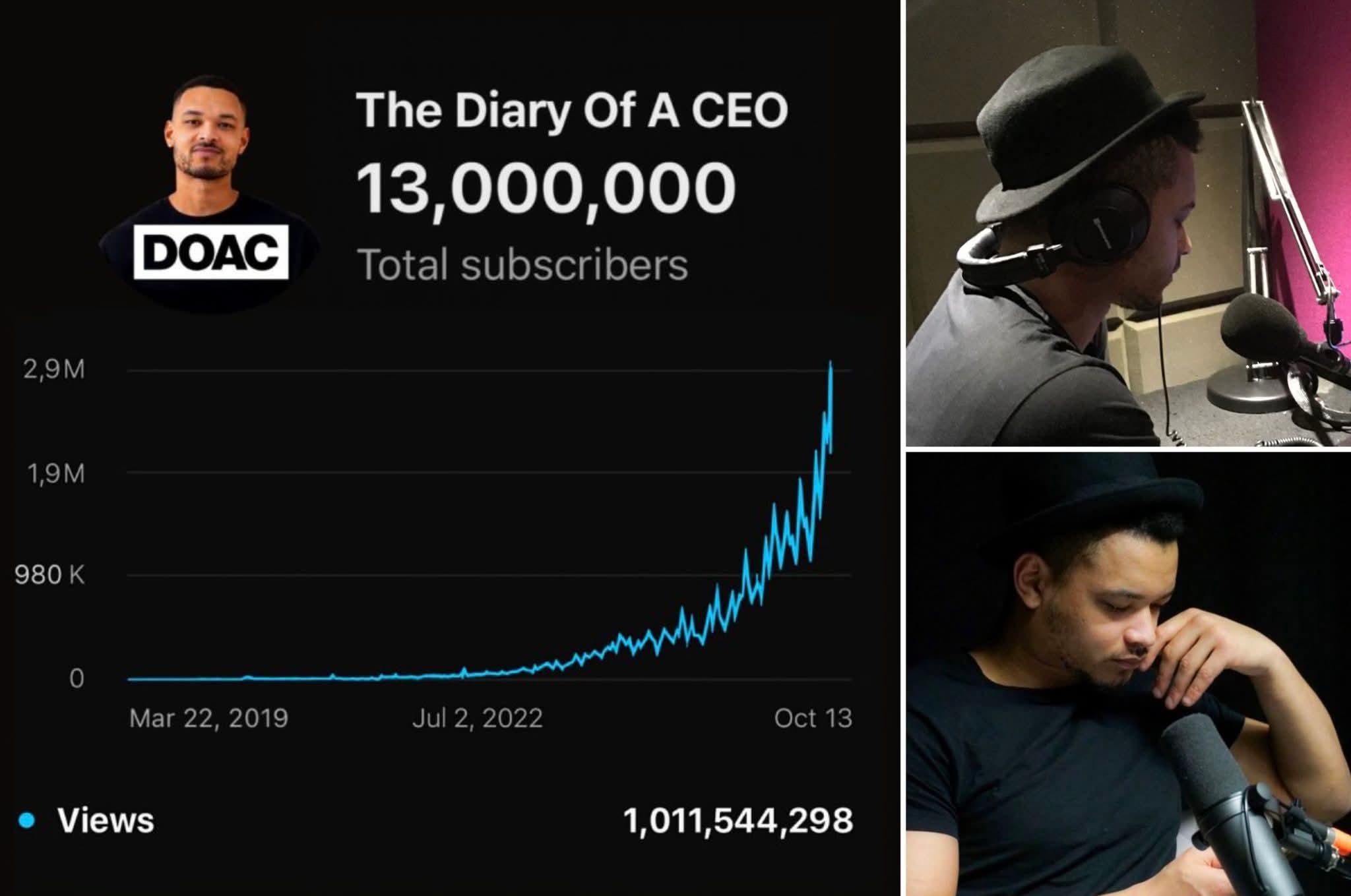0 Comments
0 Shares
7K Views
Promoted Posts
Please log in to like, share and comment!
Recent Updates
All Countries
All Countries
Afghanistan
Albania
Algeria
American Samoa
Andorra
Angola
Anguilla
Antarctica
Antigua and Barbuda
Argentina
Armenia
Aruba
Australia
Austria
Azerbaijan
Bahamas
Bahrain
Bangladesh
Barbados
Belarus
Belgium
Belize
Benin
Bermuda
Bhutan
Bolivia
Bosnia and Herzegovina
Botswana
Bouvet Island
Brazil
British Indian Ocean Territory
Brunei Darussalam
Bulgaria
Burkina Faso
Burundi
Cambodia
Cameroon
Canada
Cape Verde
Cayman Islands
Central African Republic
Chad
Chile
China
Christmas Island
Cocos (Keeling) Islands
Colombia
Comoros
Congo
Cook Islands
Costa Rica
Croatia (Hrvatska)
Cuba
Cyprus
Czech Republic
Denmark
Djibouti
Dominica
Dominican Republic
East Timor
Ecuador
Egypt
El Salvador
Equatorial Guinea
Eritrea
Estonia
Ethiopia
Falkland Islands (Malvinas)
Faroe Islands
Fiji
Finland
France
France, Metropolitan
French Guiana
French Polynesia
French Southern Territories
Gabon
Gambia
Georgia
Germany
Ghana
Gibraltar
Guernsey
Greece
Greenland
Grenada
Guadeloupe
Guam
Guatemala
Guinea
Guinea-Bissau
Guyana
Haiti
Heard and Mc Donald Islands
Honduras
Hong Kong
Hungary
Iceland
India
Isle of Man
Indonesia
Iran (Islamic Republic of)
Iraq
Ireland
Israel
Italy
Ivory Coast
Jersey
Jamaica
Japan
Jordan
Kazakhstan
Kenya
Kiribati
Korea, Democratic People's Republic of
Korea, Republic of
Kosovo
Kuwait
Kyrgyzstan
Lao People's Democratic Republic
Latvia
Lebanon
Lesotho
Liberia
Libyan Arab Jamahiriya
Liechtenstein
Lithuania
Luxembourg
Macau
Macedonia
Madagascar
Malawi
Malaysia
Maldives
Mali
Malta
Marshall Islands
Martinique
Mauritania
Mauritius
Mayotte
Mexico
Micronesia, Federated States of
Moldova, Republic of
Monaco
Mongolia
Montenegro
Montserrat
Morocco
Mozambique
Myanmar
Namibia
Nauru
Nepal
Netherlands
Netherlands Antilles
New Caledonia
New Zealand
Nicaragua
Niger
Nigeria
Niue
Norfolk Island
Northern Mariana Islands
Norway
Oman
Pakistan
Palau
Palestine
Panama
Papua New Guinea
Paraguay
Peru
Philippines
Pitcairn
Poland
Portugal
Puerto Rico
Qatar
Reunion
Romania
Russian Federation
Rwanda
Saint Kitts and Nevis
Saint Lucia
Saint Vincent and the Grenadines
Samoa
San Marino
Sao Tome and Principe
Saudi Arabia
Senegal
Serbia
Seychelles
Sierra Leone
Singapore
Slovakia
Slovenia
Solomon Islands
Somalia
South Africa
South Georgia South Sandwich Islands
Spain
Sri Lanka
St. Helena
St. Pierre and Miquelon
Sudan
Suriname
Svalbard and Jan Mayen Islands
Swaziland
Sweden
Switzerland
Syrian Arab Republic
Taiwan
Tajikistan
Tanzania, United Republic of
Thailand
Togo
Tokelau
Tonga
Trinidad and Tobago
Tunisia
Turkey
Turkmenistan
Turks and Caicos Islands
Tuvalu
Uganda
Ukraine
United Arab Emirates
United Kingdom
United States
United States minor outlying islands
Uruguay
Uzbekistan
Vanuatu
Vatican City State
Venezuela
Vietnam
Virgin Islands (British)
Virgin Islands (U.S.)
Wallis and Futuna Islands
Western Sahara
Yemen
Zaire
Zambia
Zimbabwe
-
Handle Conflicts Without Breaking the Relationship.
Watch full video https://youtu.be/lXTOqEZ-TKw?si=MUopk_JJPVfb6R3uHandle Conflicts Without Breaking the Relationship. Watch full video https://youtu.be/lXTOqEZ-TKw?si=MUopk_JJPVfb6R3u0 Comments 0 Shares 210 Views1
-
Now Ezra's matter has been brought to the fore, let's use the opportunity to do some introspection.
Are there habits/associations/lifestyle (past or present) that could jeopardize the beautiful future you are striving hard to create?Now Ezra's matter has been brought to the fore, let's use the opportunity to do some introspection. Are there habits/associations/lifestyle (past or present) that could jeopardize the beautiful future you are striving hard to create?0 Comments 0 Shares 241 Views -
Stress, Hormones & Belly Fat The Female Connection
Ever wondered why belly fat seems to “suddenly show up” and refuses to leave even when you’re eating right and moving your body?
For many women, the answer isn’t just calories… it’s hormones and stress.
How Stress Changes a Woman’s Body
When you’re stressed whether from work, family, relationships, finances, or even silent emotional pressure your body produces a hormone called cortisol.
In small doses, cortisol helps you handle challenges. But when stress becomes constant, cortisol stays high. And here’s the tricky part:
> High cortisol tells your body to store fat especially around your belly.
Hormones That Play a Big Role
Women’s bodies are constantly navigating hormonal shifts from puberty to pregnancy to perimenopause and menopause. The key players include:
Cortisol ;stress hormone → increases belly fat
Estrogen; when it drops, the body stores more fat in the abdomen
Insulin; affected by sugar intake and stress, leads to fat storage
Leptin; hunger hormone, disrupted by poor sleep and stress
So no, you’re not “lazy.”
Your body may simply be responding to stress and hormonal changes.
Common Signs Stress & Hormones Are Affecting Your Belly
You may notice:
1. Weight gain mainly around the stomach
2. Cravings for sugary or salty snacks
3. Tiredness even after sleeping
4. Mood changes or anxiety
5. Bloating and sluggish digestion
These are real signals not excuses.
How to Fight Stress-Related Belly Fat
You don’t need extreme dieting. Focus on balance:
Prioritize 7-8 hours of sleep
Eat protein, fiber, and healthy fats (keeps hormones steady)
Reduce caffeine & sugary snacks
Practice breathing exercises or journaling
Move your body daily, walking counts
Avoid starvation diets ,they increase cortisol
Bottom Line
Belly fat in women is not just about food or exercise, it’s deeply connected to stress and hormones.
Understanding this helps you approach your body with patience and respect, not frustration.
Your body is not fighting you , it’s protecting you.
Support it gently…and it will respondStress, Hormones & Belly Fat The Female Connection Ever wondered why belly fat seems to “suddenly show up” and refuses to leave even when you’re eating right and moving your body? For many women, the answer isn’t just calories… it’s hormones and stress. How Stress Changes a Woman’s Body When you’re stressed whether from work, family, relationships, finances, or even silent emotional pressure your body produces a hormone called cortisol. In small doses, cortisol helps you handle challenges. But when stress becomes constant, cortisol stays high. And here’s the tricky part: > High cortisol tells your body to store fat especially around your belly. Hormones That Play a Big Role Women’s bodies are constantly navigating hormonal shifts from puberty to pregnancy to perimenopause and menopause. The key players include: Cortisol ;stress hormone → increases belly fat Estrogen; when it drops, the body stores more fat in the abdomen Insulin; affected by sugar intake and stress, leads to fat storage Leptin; hunger hormone, disrupted by poor sleep and stress So no, you’re not “lazy.” Your body may simply be responding to stress and hormonal changes. Common Signs Stress & Hormones Are Affecting Your Belly You may notice: 1. Weight gain mainly around the stomach 2. Cravings for sugary or salty snacks 3. Tiredness even after sleeping 4. Mood changes or anxiety 5. Bloating and sluggish digestion These are real signals not excuses. How to Fight Stress-Related Belly Fat You don’t need extreme dieting. Focus on balance: ✅ Prioritize 7-8 hours of sleep ✅ Eat protein, fiber, and healthy fats (keeps hormones steady) ✅ Reduce caffeine & sugary snacks ✅ Practice breathing exercises or journaling ✅ Move your body daily, walking counts ✅ Avoid starvation diets ,they increase cortisol Bottom Line Belly fat in women is not just about food or exercise, it’s deeply connected to stress and hormones. Understanding this helps you approach your body with patience and respect, not frustration. Your body is not fighting you , it’s protecting you. Support it gently…and it will respond0 Comments 0 Shares 671 Views -
“Stroke Doesn’t Knock , It Crashes In: What You Need to Know Before It’s Too Late”
Stroke is one of those health issues many people think only happens to “older people.”
Until suddenly, it’s not just a headline it’s a family member, a friend, someone at church, a colleague… or even a young person on social media.
The truth?
Stroke is no longer an “old age problem.”
Stress-filled lifestyles, high blood pressure, smoking, poor diet, and even untreated infections are bringing it closer and faster.
A stroke happens when the blood flow to the brain is blocked or a blood vessel bursts.
And because the brain controls everything, one moment can change everything movement, speech, memory, even personality.
So How Do Strokes Show Up?
A stroke doesn’t always come with drama. Sometimes it whispers before it screams.
Watch out for sudden:
Weakness or numbness on one side of the body
Drooping face or slurred speech
Trouble understanding others
Loss of balance or confusion
Severe headache out of nowhere
Use the FAST rule:
F – Face: Is one side dropping?
A – Arms: Can they raise both?
S – Speech: Slurred or strange?
T – Time: Rush to the hospital immediately every minute matters.
Why Younger People Are at Risk Now
Let’s be honest modern habits aren’t helping us:
Constant stress & overthinking
High blood pressure (often undiagnosed)
Too much salt and processed food
Smoking & alcohol
Sitting more than we move
Ignoring headaches and dizziness
Poor sleep and dehydration
A lot of us feel tired but push through, saying “I’ll be fine.”
Your body hears you but one day, it might respond differently.
How to Protect Yourself
No extreme diet or expensive detox needed. Just intentional living:
Check your blood pressure regularly
Eat less salty & oily foods
Stay hydrated
Move your body even a 20 minutes walk helps
Reduce alcohol & avoid smoking
Take stress breaks your brain needs rest too
Treat headaches and dizziness seriously
Visit the hospital if something feels “off”
Small habits save lives literally.
Final Thought
Stroke doesn’t send a warning letter.
It doesn’t wait for you to “finish that task first.”
Your health is not an inconvenience ;t’s your life.
Listen to your body before it forces you to stop.“Stroke Doesn’t Knock , It Crashes In: What You Need to Know Before It’s Too Late” Stroke is one of those health issues many people think only happens to “older people.” Until suddenly, it’s not just a headline it’s a family member, a friend, someone at church, a colleague… or even a young person on social media. The truth? Stroke is no longer an “old age problem.” Stress-filled lifestyles, high blood pressure, smoking, poor diet, and even untreated infections are bringing it closer and faster. A stroke happens when the blood flow to the brain is blocked or a blood vessel bursts. And because the brain controls everything, one moment can change everything movement, speech, memory, even personality. So How Do Strokes Show Up? A stroke doesn’t always come with drama. Sometimes it whispers before it screams. Watch out for sudden: Weakness or numbness on one side of the body Drooping face or slurred speech Trouble understanding others Loss of balance or confusion Severe headache out of nowhere Use the FAST rule: F – Face: Is one side dropping? A – Arms: Can they raise both? S – Speech: Slurred or strange? T – Time: Rush to the hospital immediately every minute matters. Why Younger People Are at Risk Now Let’s be honest modern habits aren’t helping us: Constant stress & overthinking High blood pressure (often undiagnosed) Too much salt and processed food Smoking & alcohol Sitting more than we move Ignoring headaches and dizziness Poor sleep and dehydration A lot of us feel tired but push through, saying “I’ll be fine.” Your body hears you but one day, it might respond differently. How to Protect Yourself No extreme diet or expensive detox needed. Just intentional living: Check your blood pressure regularly Eat less salty & oily foods Stay hydrated Move your body even a 20 minutes walk helps Reduce alcohol & avoid smoking Take stress breaks your brain needs rest too Treat headaches and dizziness seriously Visit the hospital if something feels “off” Small habits save lives literally. Final Thought Stroke doesn’t send a warning letter. It doesn’t wait for you to “finish that task first.” Your health is not an inconvenience ;t’s your life. Listen to your body before it forces you to stop.0 Comments 0 Shares 796 Views -
At the 042 Startups October Meet & Greet over the weekend.At the 042 Startups October Meet & Greet over the weekend.0 Comments 0 Shares 849 Views
-
0 Comments 0 Shares 855 Views1

-
#AbujaNightOfGlory, #PastorDavidOgbueli, #DominionCityAbuja0 Comments 0 Shares 869 Views
 2
2
-
Steve Bartlett wrote:
In 2017, I started a podcast in my bedroom that nobody listened to - that decision became the most consequential I've ever made. Here's my non-AI-slop advice for every creator...
1️⃣ The first thing...
It's so cliché that it almost makes me want to cringe typing this, but honestly - the precursor to doing anything at a high level is creating what I call "the conditions to out-persist"
And the most critical condition to out-persist at something is enjoying the thing
If you're not going to love it for 10 years, without the need for commercial incentive, there's a significant possibility you're not going to hang in there long enough to FAIL - LEARN - IMPROVE - GROW
*Look at the graph below for a window into how long I podcasted before people showed up - for context In the last 90 days our growth trajectory has increased significantly - we added more new subscribers in the last 90 days (2 million±) than we had in the first 900 days!*
Therefore, the first question one has to be: "Do I love this enough to give it a decade of my life?"
Once you're an adult, you only get about 6 or 7 decades.
Is this mission worth one of those precious decades?
If so, all you need is time. If you don't, stop wasting it.
2️⃣ The second thing...
TEAM, TEAM, TEAM
Nothing will sway your outcomes more than WHO you choose to align with
In business and in life:
The best decisions you make will be people
The worst decisions you make will be people
Steve Jobs once said the product he was most proud of making was "THE TEAM" and I feel the same way
I now have 100+ people behind me at FLIGHTSTORY who are truly the champions league of this industry - bound by obsession, detail orientation, and unapologetically hard-working to the point that you'd probably call us all toxic and we'd probably take that as a compliment 🤷🏽♂️
3️⃣ The last thing...
Don't take it all so seriously...
As a creator, you exist in a constant storm of feedback - praise, criticism, advice, attacks, all of it coming at you 24/7
This sounds weird, but one of the most clarifying thoughts that's helped me deal with the feedback is realising that I'm going to die someday, and that day is relatively soon
There's something about understanding that this is just a moment in time - accepting the paradox that your impact has very real consequences now, but at the same time, in the grand scheme of the grand scheme, you're going to be nothing more than a memory in a few loved ones minds - that liberates you from worry and enables you to do YOU with all of your heart
Thank you for enabling me & 100+ of my team here in the UK to have a job we love just by tuning in and supporting us. Today we're celebrating our community hitting 13,000,000 subscribers on Youtube!
P.S... if you're starting out, please just compare yourself today, to yourself yesterday! Thank god I didn't compare myself to the best in the industry back in 2017... If I had, I probably would never have started.Steve Bartlett wrote: In 2017, I started a podcast in my bedroom that nobody listened to - that decision became the most consequential I've ever made. Here's my non-AI-slop advice for every creator... 1️⃣ The first thing... It's so cliché that it almost makes me want to cringe typing this, but honestly - the precursor to doing anything at a high level is creating what I call "the conditions to out-persist" 🐢 And the most critical condition to out-persist at something is enjoying the thing If you're not going to love it for 10 years, without the need for commercial incentive, there's a significant possibility you're not going to hang in there long enough to FAIL - LEARN - IMPROVE - GROW *Look at the graph below for a window into how long I podcasted before people showed up - for context In the last 90 days our growth trajectory has increased significantly - we added more new subscribers in the last 90 days (2 million±) than we had in the first 900 days!* Therefore, the first question one has to be: "Do I love this enough to give it a decade of my life?" Once you're an adult, you only get about 6 or 7 decades. Is this mission worth one of those precious decades? If so, all you need is time. If you don't, stop wasting it. 2️⃣ The second thing... TEAM, TEAM, TEAM Nothing will sway your outcomes more than WHO you choose to align with In business and in life: The best decisions you make will be people The worst decisions you make will be people Steve Jobs once said the product he was most proud of making was "THE TEAM" and I feel the same way I now have 100+ people behind me at FLIGHTSTORY who are truly the champions league of this industry - bound by obsession, detail orientation, and unapologetically hard-working to the point that you'd probably call us all toxic and we'd probably take that as a compliment 🤷🏽♂️ 3️⃣ The last thing... Don't take it all so seriously... As a creator, you exist in a constant storm of feedback - praise, criticism, advice, attacks, all of it coming at you 24/7 This sounds weird, but one of the most clarifying thoughts that's helped me deal with the feedback is realising that I'm going to die someday, and that day is relatively soon There's something about understanding that this is just a moment in time - accepting the paradox that your impact has very real consequences now, but at the same time, in the grand scheme of the grand scheme, you're going to be nothing more than a memory in a few loved ones minds - that liberates you from worry and enables you to do YOU with all of your heart Thank you for enabling me & 100+ of my team here in the UK to have a job we love just by tuning in and supporting us. Today we're celebrating our community hitting 13,000,000 subscribers on Youtube! ❤️ P.S... if you're starting out, please just compare yourself today, to yourself yesterday! Thank god I didn't compare myself to the best in the industry back in 2017... If I had, I probably would never have started.0 Comments 0 Shares 942 Views -
When I was a little boy, I was always traumatized by the sight of onions in my food.
If my mum was not looking, I would start with an onions-cleansing ritual before dealing with the food.
Now I'm older, I wonder what the world would be like without it.
Do you know that the reason onions has its shape is because it makes the world go round?
Onions is life. Onions was created before sliced bread.
A life without onions is a life of oblivion.
...well, there you have it - my one minute of idleness.
I pray this would be the last you catch me in this state.
PS: What's your own story? What traumatized you when you were much younger that you are now a crusader of?When I was a little boy, I was always traumatized by the sight of onions in my food. If my mum was not looking, I would start with an onions-cleansing ritual before dealing with the food. Now I'm older, I wonder what the world would be like without it. Do you know that the reason onions has its shape is because it makes the world go round? Onions is life. Onions was created before sliced bread. A life without onions is a life of oblivion. ...well, there you have it - my one minute of idleness. I pray this would be the last you catch me in this state. PS: What's your own story? What traumatized you when you were much younger that you are now a crusader of?0 Comments 0 Shares 871 Views -
She walked onto Shark Tank nine months pregnant and nearly broke.
Five years later, PepsiCo bought her company for $1.95 billion.
Meet Allison Ellsworth, the woman who turned a gut health problem into a global soda revolution.
Back then, Allison was working in oil and gas.
Constant travel. Terrible diet. Her gut was in chaos.
So she started taking shots of apple cider vinegar every morning.
It worked — but it tasted awful.
Everyone around her said:
“Stick to your stable job.”
“The market’s too crowded.”
“You’re pregnant — this is a terrible time to start anything.”
She didn’t listen.
Because Allison knew one thing others didn’t:
If she could make apple cider vinegar taste good, everyone else would want it too.
So she got to work — in her kitchen.
Mixing vinegar, fruit juice, and sparkling water.
Her husband, Stephen, rigged up a carbonation line in their Dallas townhouse.
They bottled it and called it Mother Beverage.
In 2016, three months pregnant, she quit her job to sell it at farmers markets.
They almost went broke.
No air conditioning in their car or facility.
Texas heat. Side jobs. Sweat and faith.
But they sold out every single week.
Then — a miracle.
A Whole Foods buyer stumbled upon their stand.
“I don’t do this often,” she said. “But you belong in Whole Foods.”
That one moment flipped the script.
Fast forward to 2018 — Allison auditions for Shark Tank.
Six months of interviews, paperwork, and secrecy.
She films the episode nine months pregnant, gives birth ten days later,
and lands a deal with Rohan Oza: $400,000 for 25%.
Then came the harshest — and best — feedback ever:
“Your branding is ****.”
Instead of folding, Allison rebuilt.
New look. New name. New mission.
Mother Beverage became Poppi — “a new kind of soda for the next generation.”
They relaunched in March 2020 — in the middle of COVID and an aluminum shortage.
Most startups would’ve died there.
Allison hit record. Posted her story on TikTok.
Woke up to $100,000 in Amazon sales overnight.
That video has over 90 million views.
Poppi now has more than 2 billion TikTok views, a Super Bowl ad, and $500 million in annual revenue.
In May 2025, PepsiCo acquired Poppi for $1.95 billion.
All because one woman refused to believe that “healthy” had to taste bad —
or that bad timing meant failure.
She turned a kitchen experiment into an empire.
She proved that criticism can be the start of something legendary.
So ask yourself:
What “crazy” idea are you sitting on?
What “bad timing” are you hiding behind?
Allison built Poppi pregnant, broke, and doubted by everyone.
No funding. No background in beverages. Just conviction.
Sometimes, your worst timing is actually your best opportunity.
Sometimes, your lack of experience is your unfair advantage.
Find your kitchen. Mix your ingredients.
Make your own version of Poppi.
Because the next billion-dollar brand might just be sitting on your counter —
waiting for you to believe it’s possible.She walked onto Shark Tank nine months pregnant and nearly broke. Five years later, PepsiCo bought her company for $1.95 billion. Meet Allison Ellsworth, the woman who turned a gut health problem into a global soda revolution. Back then, Allison was working in oil and gas. Constant travel. Terrible diet. Her gut was in chaos. So she started taking shots of apple cider vinegar every morning. It worked — but it tasted awful. Everyone around her said: “Stick to your stable job.” “The market’s too crowded.” “You’re pregnant — this is a terrible time to start anything.” She didn’t listen. Because Allison knew one thing others didn’t: If she could make apple cider vinegar taste good, everyone else would want it too. So she got to work — in her kitchen. Mixing vinegar, fruit juice, and sparkling water. Her husband, Stephen, rigged up a carbonation line in their Dallas townhouse. They bottled it and called it Mother Beverage. In 2016, three months pregnant, she quit her job to sell it at farmers markets. They almost went broke. No air conditioning in their car or facility. Texas heat. Side jobs. Sweat and faith. But they sold out every single week. Then — a miracle. A Whole Foods buyer stumbled upon their stand. “I don’t do this often,” she said. “But you belong in Whole Foods.” That one moment flipped the script. Fast forward to 2018 — Allison auditions for Shark Tank. Six months of interviews, paperwork, and secrecy. She films the episode nine months pregnant, gives birth ten days later, and lands a deal with Rohan Oza: $400,000 for 25%. Then came the harshest — and best — feedback ever: “Your branding is shit.” Instead of folding, Allison rebuilt. New look. New name. New mission. Mother Beverage became Poppi — “a new kind of soda for the next generation.” They relaunched in March 2020 — in the middle of COVID and an aluminum shortage. Most startups would’ve died there. Allison hit record. Posted her story on TikTok. Woke up to $100,000 in Amazon sales overnight. That video has over 90 million views. Poppi now has more than 2 billion TikTok views, a Super Bowl ad, and $500 million in annual revenue. In May 2025, PepsiCo acquired Poppi for $1.95 billion. All because one woman refused to believe that “healthy” had to taste bad — or that bad timing meant failure. She turned a kitchen experiment into an empire. She proved that criticism can be the start of something legendary. So ask yourself: What “crazy” idea are you sitting on? What “bad timing” are you hiding behind? Allison built Poppi pregnant, broke, and doubted by everyone. No funding. No background in beverages. Just conviction. Sometimes, your worst timing is actually your best opportunity. Sometimes, your lack of experience is your unfair advantage. Find your kitchen. Mix your ingredients. Make your own version of Poppi. Because the next billion-dollar brand might just be sitting on your counter — waiting for you to believe it’s possible.0 Comments 0 Shares 1K Views -
0 Comments 0 Shares 958 Views
-
More Stories
You have merits left










